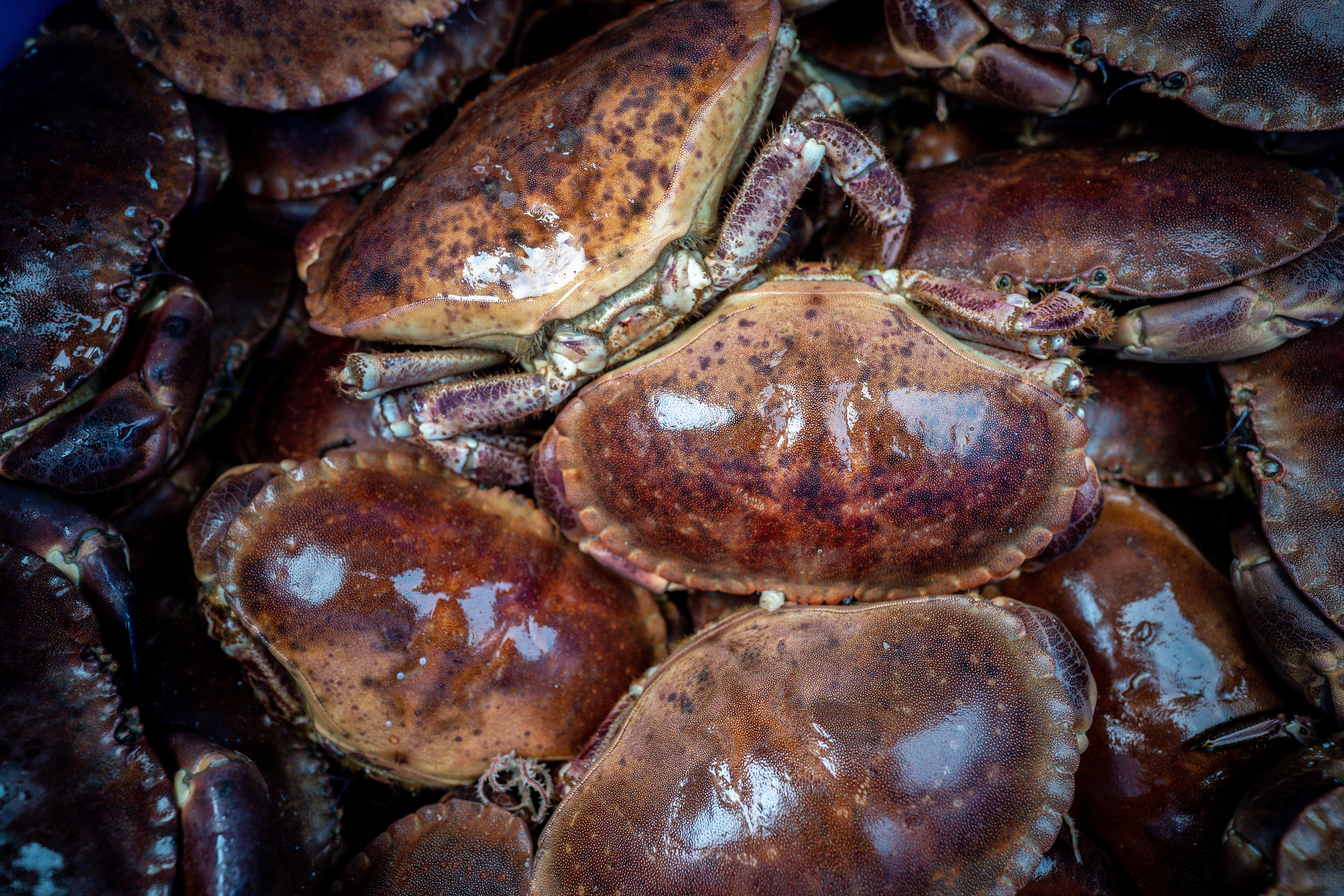Mystery of missing sea life in North Sea is ‘catastrophic’, say fishing crews
One fishing industry leader told the PA news agency he believes an algal bloom may be the most likely explanation.

Fishing crews say the mystery of missing sea life in part of the North Sea is proving “catastrophic” for their livelihoods.
Investigations are continuing into why large numbers of crabs and lobsters have been washed ashore on the Yorkshire and North East of England coasts over the last four months, amid reports from crews of sparse catches.
The fishermen are very anxious to find the solution and this is having a major impact on their livelihoods
A range of theories have been put forward, including the role of dredging and pollution, but no answer has been found.
One fishing industry leader told the PA news agency he believes an algal bloom may be the most likely explanation.
Barrie Deas, chief executive of the National Federation of Fishermen’s Organisations, said on Wednesday: “An algal bloom – a natural event in the water that happens from time to time – might be the most likely cause, although not definite yet.”
He said: “This is very serious for the vessels that are affected.
“The fishermen are very anxious to find the solution and this is having a major impact on their livelihoods. So far, we’ve been talking to the scientists and we’ve asked local MPs to ask parliamentary questions to raise the profile of the issue.”
George Lamplough, a fisherman from Whitby in North Yorkshire said: “Our industry has collapsed in the last few months. We rely on these species for a living.
“The effect this has had on us has been catastrophic. I haven’t made a wage in weeks. Things are getting desperate for us. It is impossible to go to sea, take the inherent risks and, at the end of the week, end up with less in the bank than before.”
He added: “Eight years ago, I moved from the Isle of Wight to Whitby to be a fisherman. My livelihood is being stolen away and my choices are being reduced to losing the job I love or leaving the life I have built.”
My livelihood is being stolen away and my choices are being reduced to losing the job I love or leaving the life I have built
George Lamplough, a fisherman from Whitby in North Yorkshire, said: “Our industry has collapsed in the last few months. We rely on these species for a living.
“The effect this has had on us has been catastrophic. I haven’t made a wage in weeks. Things are getting desperate for us. It is impossible to go to sea, take the inherent risks and, at the end of the week, end up with less in the bank than before.”
He added: “Eight years ago, I moved from the Isle of Wight to Whitby to be a fisherman. My livelihood is being stolen away and my choices are being reduced to losing the job I love or leaving the life I have built.”
Fresh dead seals have been discovered on Yorkshire beaches as investigations into the death of marine life in the area continue.
But the Department for Environment Food & Rural Affairs (Defra), which is leading the inquiry, said there is no evidence linking the dead seals to the crab and lobster deaths in the North East.
There was no evidence of significantly elevated contaminants in sediment at locations around and within the disposal site
A spokesman said dredging of the River Tees has been ruled out as a likely cause of the crab and lobster deaths, with samples of dredge material required to meet the highest international standards protecting marine life before being disposed of at sea.
He added: “If samples analysed for contaminants do not meet the standards, the disposal will not be licensed.
“Testing of sediment at the Inner Tees disposal site has already taken place in April 2021 and there was no evidence of significantly elevated contaminants in sediment at locations around and within the disposal site.”
He also said if a member of the public observes a seal they deem in danger or distress, they should contact the RSPCA in England and Wales; the SSPCA hotline in Scotland; and USPCA in Northern Ireland.
Bookmark popover
Removed from bookmarks